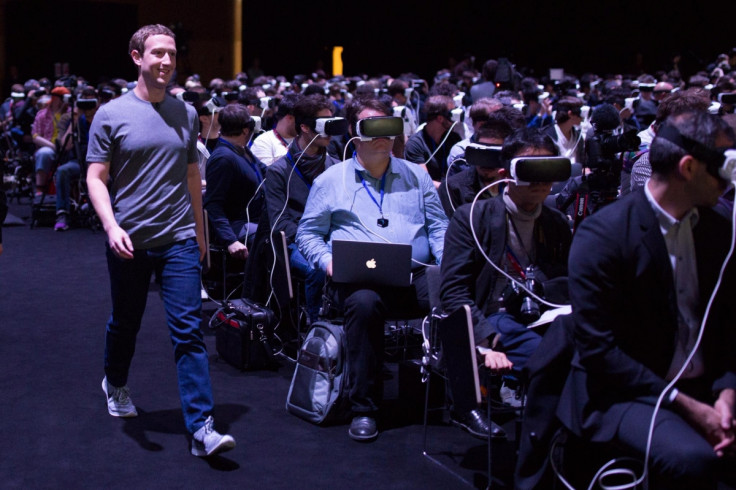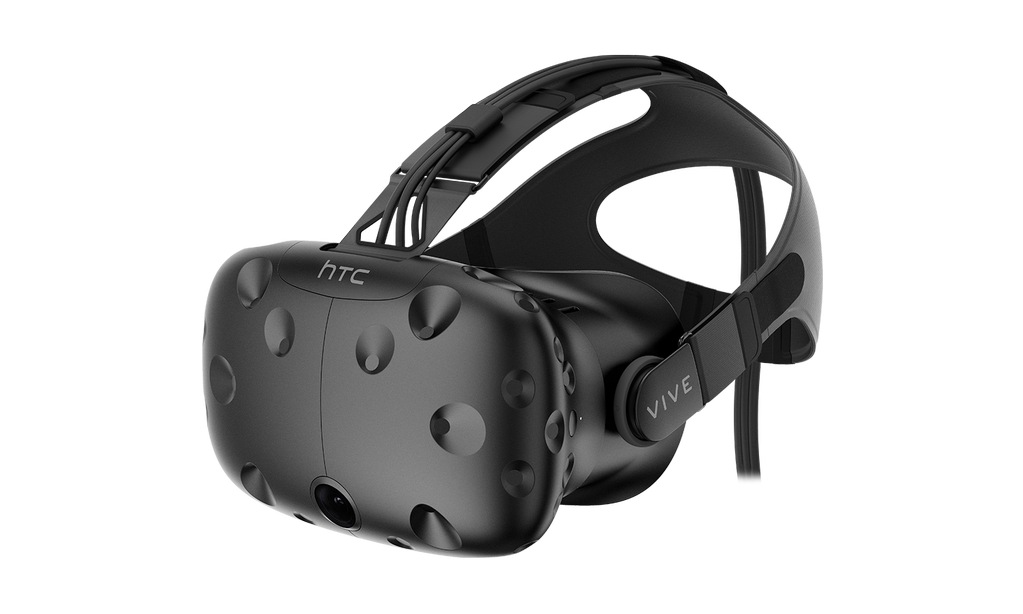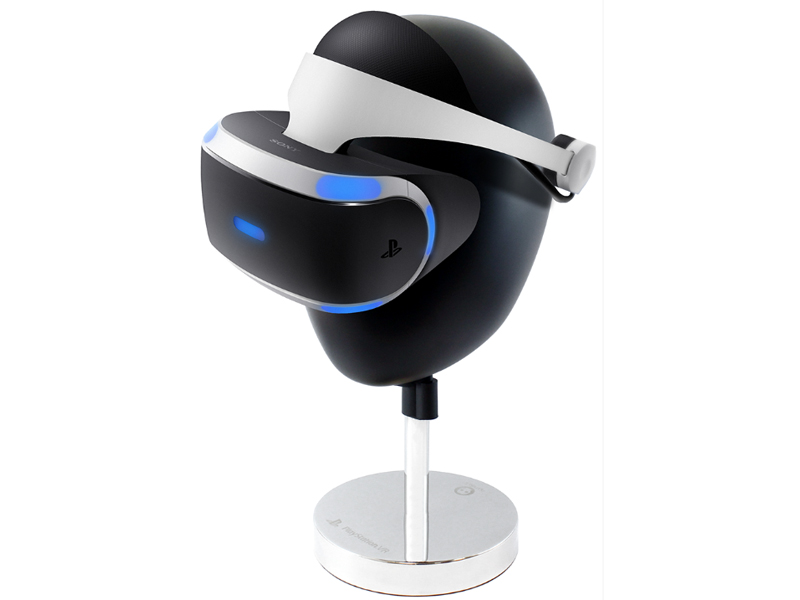Is VR dead already? The reality of why it could become a 'complete failure'
Virtual reality's boom may have already bust.
Gabe Newell knows a thing or two about video games. Having created Half-Life and built the Steam platform, the views of the Valve president should certainly hold some weight. So what does he think of VR?
"We're optimistic. We think VR is going great. It's going in a way that's consistent with our expectations," Newell said this week. Well, that sounds great. But then again, given Valve has helped build the Vive headset and sells VR content on Steam, you would expect him to say that.
What you would not expect him to add, is this: "We're also pretty comfortable with the idea that it will turn out to be a complete failure. Some people have got attention by going out and saying there'll be millions of [VR unit sales] and we're like, 'wow, I don't think so.'"
Newell's comments here are likely in reference to a statement made by Brendan Iribe, co-founder of Vive competitor Oculus Rift, who said in 2014 — when VR hype was really beginning to ramp up — that the first generation model would sell "north of a million sales" with "hopefully... many millions" for a second-generation model.
Well, the Oculus Rift finally went on sale in 2016, so how did it do? According to SuperData Research, less than a quarter of a million Rift headsets were sold in 2016, the year that many predicted VR was set to explode.
The Vive faired slightly better, selling 420,000 units, while the PlayStation VR headset — which only works with the PS4 — sold 745,000. While it may seem like Sony had a big success on its hands, remember that analysts predicted it would sell more than 2.5 million units in 2016.
But it's early days. The technology is still clunky and expensive. The headsets will, in time, become cheaper, wireless and work with more accessible hardware. However, by that time augmented reality headsets, which overlay interactive images over your real-world surroundings, may well have gathered momentum and offer a far less closed-in experience that consumers may prefer.
Apple, who has notably not dabbled with virtual reality as yet, may be eyeing augmented reality instead. Tim Cook himself praised AR technology saying that one day it could be bigger than smartphones. When tech's biggest chess piece makes a move to back AR it could be check-mate for VR.
Read all of IBTimes UK's virtual reality headset reviews
HTC Vive review: The light and the dark of virtual reality
PlayStation VR review: Sony's virtual frontier becomes reality on PS4
Samsung Gear VR review: Virtual reality for the masses – but is it any good?
Google Daydream View review: Can Pixel-power wake mobile virtual reality from its slumber?

The hard sell of VR
There's currently the problem of convincing developers to spend the money to create the content which will attract enough people to buy the cheaper and better headsets. And that too is a big problem for VR.
One such developer is RocketWerkz. It created a $20 VR strategy game called "Out of Ammo". The company wasn't deluded, it knew this wasn't going to make millions. Dean Hall, the company's chief executive, who spoke to the Wall Street Journal this week, did think they might break even and possibly make a small profit. To date the company has recouped just 60% of the roughly $650,000 it spent creating the game.
With such huge investment needed to create a non-AAA title, and with such a small player base to sell it to, it is hard to envision many companies investing significant time and resources into developing compelling titles to convince gamers that they need a VR headset to go with their PC or console.


There has been a lot of money invested in this area — $1.1bn in just two months last year — mostly on the back of hype rather than anything else, and already it appears that a lot of those investments have now vanished into the ether. For example, Envelop VR, a startup that raised $5m to develop software to allow users to interact with traditional desktop apps in a virtual environment, closed its doors last month.
Makers of VR headsets say that one of the biggest problems with selling VR to the consumer is that conveying exactly what makes VR great is difficult without letting people try it for themselves. But Oculus did just that by setting up Rift demo kiosks in 500 Best Buy stores across the US last August. In early February, the company confirmed it was closing 200 of those demo stations.
The reason? Oculus said it was due to "seasonal changes". Business Insider reported that staff at multiple stores said they could go days without someone looking for a demonstration.
More on virtual reality
Who will buy high-end VR headsets?
I agree that it is difficult to sell VR to those who have never experienced it, but there is a bigger problem for the technology and that is convincing the people who have tried it to use it more than a couple of times.
Having tried all the major headsets (Oculus, Vive and PSVR) as well as the main mobile headsets (Google's Daydream View and Samsung's Gear VR) I can say that I have experienced some amazing moments that took my breath away. Looking in the mirror and seeing that I am Batman in Arkham VR; holding a lightsaber in Star Wars:Battlefront; and seeing a Rhomaleosaurus come to life and glide past me in the Natural History Museum.
And yet, I have no desire to buy any of the high-end headsets or pick up the mobile headsets sitting on my desk. The problem for VR and the companies investing in the platform is that beyond the wow factor, there is little to keep people coming back.
There is a niche audience of gamers who will want to buy these headsets, but even they are not buying them in the numbers analysts predicted, and while second and third generation headsets will obviously get better, it is hard to see a compelling use-case emerging which will grab the attention of a mainstream audience — unless, of course, the adult movie industry comes to the saviour of yet another flagging technology.
As Gabe Newell puts it: "I can't point to a single piece of content that would cause millions of people to justify changing their home computing. If you took the existing VR systems and made them 80% cheaper, that's still not a huge market. There's still not a really incredibly compelling reason for people to spend 20 hours a day in VR. There's an old joke that premature cost reduction is the root of all evil."
© Copyright IBTimes 2025. All rights reserved.






















